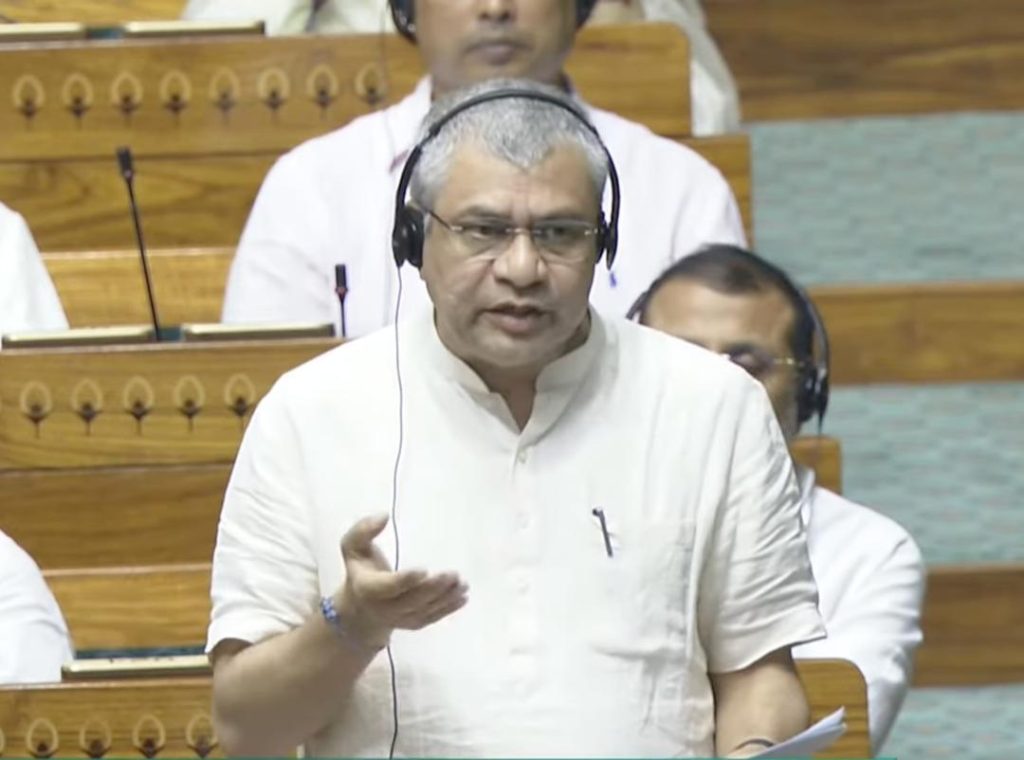
Between Our Revenue & Middle-Class Families, PM Chose Families: Vaishnaw on Gaming Bill
The Promotion and Regulation of Online Gaming Bill 2025, introduced by Union Minister Ashwini Vaishnaw in the Lok Sabha, has sparked a heated debate in the country. The bill, which aims to regulate the online gaming industry, has been met with both criticism and praise. However, what has caught the attention of many is Vaishnaw’s statement during the introduction of the bill, where he claimed that Prime Minister Narendra Modi always chooses middle-class families when choosing between them and the government’s revenue.
Vaishnaw’s statement has raised many questions about the government’s priorities and its approach to regulating the online gaming industry. In this blog post, we will explore the implications of Vaishnaw’s statement and what it means for the future of online gaming in India.
What is the Promotion and Regulation of Online Gaming Bill 2025?
The Promotion and Regulation of Online Gaming Bill 2025 is a comprehensive piece of legislation that aims to regulate the online gaming industry in India. The bill seeks to promote the growth of the industry while also ensuring that it is free from any negative elements that could harm society.
The bill proposes to ban real-money and gambling games, which are often linked to addiction and other social problems. Instead, it aims to promote skill-based games that require players to use their skills and strategy to win. The bill also proposes to create a regulatory body to oversee the online gaming industry and ensure that it is compliant with the law.
Why did Vaishnaw say PM chose middle-class families?
During the introduction of the bill, Vaishnaw made a statement that has sparked a lot of debate. He said that PM Narendra Modi always chooses middle-class families when choosing between them and the government’s revenue. What Vaishnaw meant by this statement is not entirely clear, but it appears to suggest that the government is more concerned with the welfare of middle-class families than with generating revenue.
Vaishnaw’s statement has been seen as a nod to the government’s commitment to the welfare of middle-class families. The government has been accused of neglecting the interests of the middle class in favor of big business and corporate interests. Vaishnaw’s statement suggests that the government is willing to take a stand and prioritize the interests of the middle class, even if it means sacrificing revenue.
What does this mean for the future of online gaming in India?
Vaishnaw’s statement has significant implications for the future of online gaming in India. If the government is willing to prioritize the welfare of middle-class families, it could mean that the online gaming industry will be subject to stricter regulations. This could include measures to prevent addiction and ensure that games are fair and transparent.
On the other hand, the government’s commitment to the welfare of middle-class families could also mean that the online gaming industry will be incentivized to create more skill-based games that promote social welfare. This could include games that promote education, health, and other social causes.
What do experts say?
Experts have mixed views on Vaishnaw’s statement and the implications of the bill. Some have welcomed the government’s move to regulate the online gaming industry, while others have expressed concerns about the potential impact on the industry.
“The government’s decision to regulate the online gaming industry is a welcome move,” said Dr. Rajeev Dubey, a gaming expert. “The industry has been plagued by addiction and other social problems, and this bill could help to address these issues.”
However, others have expressed concerns about the potential impact on the industry. “The bill could stifle innovation and creativity in the gaming industry,” said Rohan Jain, a gaming developer. “The government needs to strike a balance between regulating the industry and promoting innovation and creativity.”
Conclusion
Vaishnaw’s statement has sparked a heated debate about the government’s priorities and its approach to regulating the online gaming industry. While the bill has been met with both criticism and praise, it is clear that the government is committed to promoting the welfare of middle-class families.
As the debate continues, it is important to consider the implications of the bill and what it means for the future of online gaming in India. The government’s decision to regulate the industry could have significant consequences for the industry and for society as a whole.
Sources:






